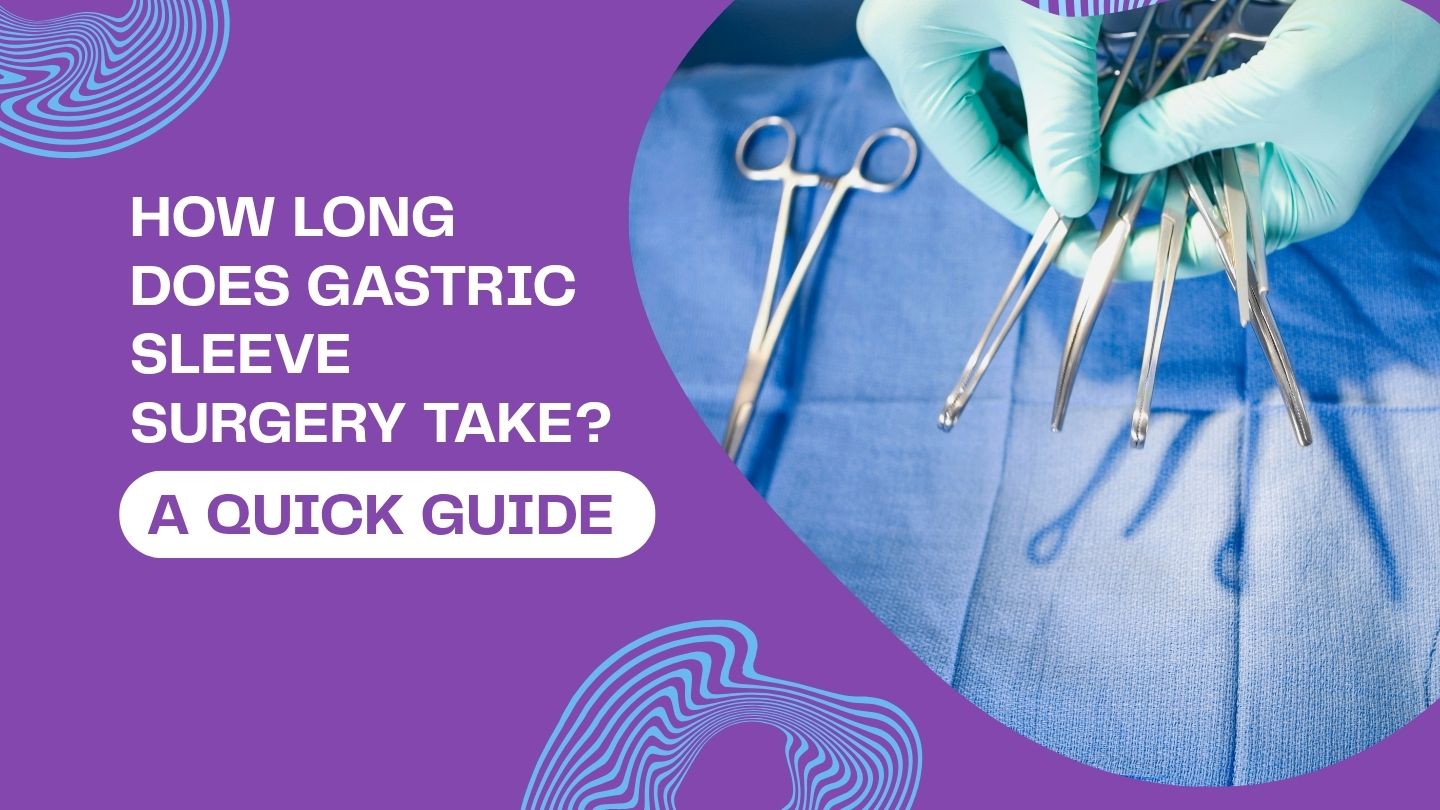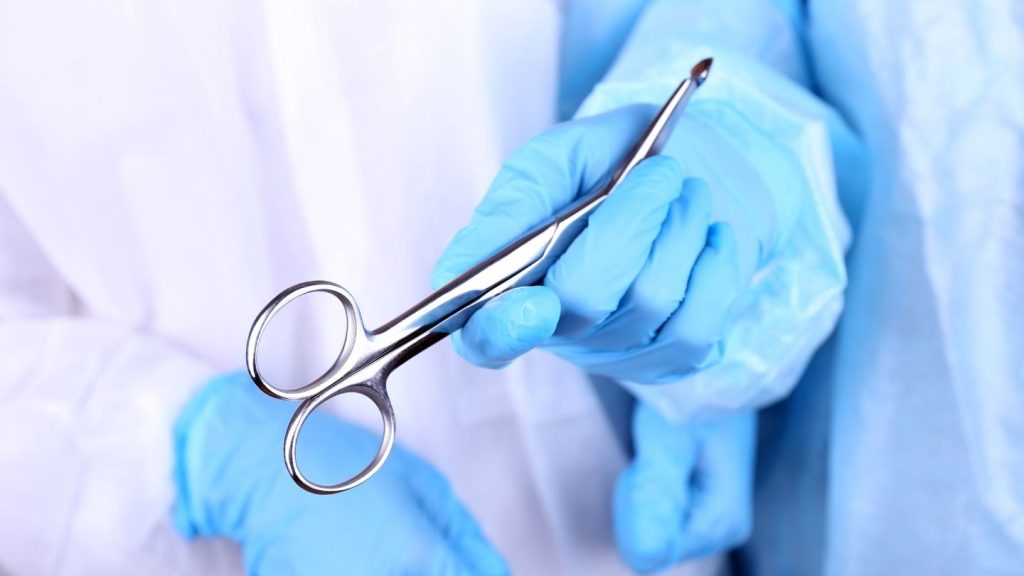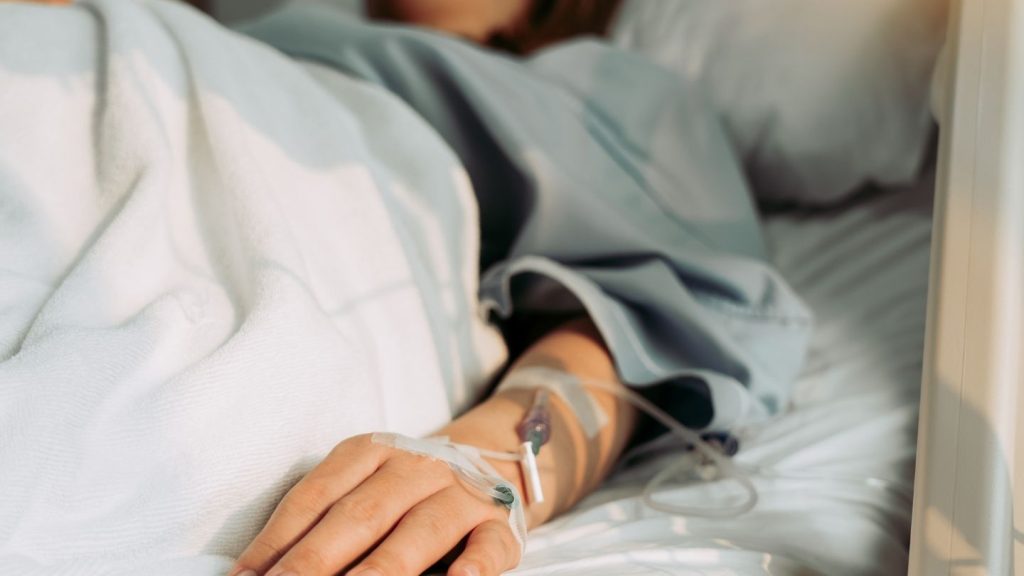
How Long Does a Gastric Sleeve Surgery Take? A Quick Guide
Preparing for weight loss surgery can raise a lot of questions, especially about the procedure itself. On average, gastric sleeve surgery takes about two hours, depending on factors like your overall health. In this blog, we’ll break down the timeline, from the operation to recovery, and share what you can expect every step of the way.
Key Takeaways
- Gastric sleeve surgery typically lasts about two hours, with duration influenced by patient BMI and surgical complexity.
- Pre-surgery preparation, including a high-protein diet and medication adjustments, is crucial for a successful procedure and recovery.
- Long-term success after gastric sleeve surgery relies on lifestyle changes, including a balanced diet, regular exercise, and proper protein intake.
Duration of Gastric Sleeve Surgery
Individuals often inquire about the duration of gastric sleeve surgery, and it spans around two hours. This time frame is considered brief relative to other bariatric procedures. Certain personal attributes, such as a patient’s body mass index (BMI), can cause variations in how long the surgery takes. Those with higher BMIs might undergo a more prolonged procedure because of additional complexities.
Comprehending how long-sleeved surgery typically lasts assists patients in forming accurate expectations and helps alleviate concerns regarding the operation. The knowledge that proficient surgeons are dedicated to conducting the procedure with precision for optimal results can offer considerable reassurance to individuals preparing for their sleeve surgeries.
Pre-Surgery Preparation Time
Preparing for gastric sleeve surgery is essential for a smooth procedure and recovery. Approximately three weeks before surgery, patients are advised to start a pre-operative diet high in protein and low in carbohydrates to shrink the liver and reduce complications.
In the final one to two days before the procedure, patients switch to an all-liquid diet, including water, broth, gelatin, and food alternatives. Staying hydrated is crucial, so drinking plenty of water while avoiding soda and alcohol is recommended.
Patients should also stop taking certain medications, such as NSAIDs and herbal supplements, as they can increase the risk of bleeding during surgery. Increasing protein intake to at least 60 grams per day in the weeks leading up to surgery helps prepare the body for the healing process.
The Surgical Procedure

Gastric sleeve surgery, also known as a sleeve gastrectomy, is commonly carried out using small incisions through the technique of laparoscopic surgery. This less invasive method leads to shorter recovery periods and lowers the risk of post-operative complications. During this process, a portion of the stomach is crafted into a narrow tube by using a stapler along with a bougie for guidance, thus forming what’s referred to as “the Sleeve” and leaving behind only about 15% of the original stomach size. The procedure entails inflating the abdominal cavity with carbon dioxide gas to make room for the operation and inserting trocars that provide access points during surgery. While VSG (vertical sleeve gastrectomy) surgeries are widely performed to aid in weight loss goals and enhance overall health via minimally invasive means, open surgeries may be selected under specific circumstances.
To ensure there are no leaks from where the stomach has been divided, which could lead to serious complications, an endoscopy might be conducted during surgical procedures. Serving an essential role in protecting both patient safety and surgeon success rates.
Should patients have other medical conditions alongside obesity, known as comorbidities, it can complicate gastric sleeve procedures, potentially affecting how long it takes surgeons to complete them, due primarily to individualized tactics necessary when addressing these additional health challenges during surgery.
Post-Surgery Hospital Stay

Typically, patients are required to spend about 24 hours in the hospital following their surgery. This duration of recovery is critical for observation and administering any requisite aftercare. During this phase, there’s a thorough monitoring process that includes managing pain levels, ensuring adequate fluid consumption, assessing mobility, and looking out for initial indicators of complications. It is an essential time frame to confirm that the patient’s post-operative progression meets expectations.
Staying in the hospital during this initial recovery stage provides medical professionals with an opportunity to mitigate any immediate adverse reactions and furnish necessary assistance as patients prepare to continue their recuperation at home. The presence within a supervised healthcare setting equipped with expert care can significantly diminish worries regarding early post-surgical outcomes and help maintain patient comfort throughout their stay.
Recovery Time at Home
After being discharged, the journey to recovery carries on within the comfort of your home. Engaging in light physical activities such as brief strolls can considerably assist in the healing process and help ward off potential complications like blood clots. It’s imperative to steer clear of demanding tasks and refrain from lifting heavy objects for an extended period post-surgery to ensure adequate healing. Maintaining hydration is also essential. Drinking 1.5 to 2 liters of water per day is advisable. Understanding what the gastric sleeve recovery time help patients set realistic expectations, follow appropriate post-operative steps, and make informed decisions that support long-term success and well-being.
It is vital to adhere strictly to dietary instructions provided by healthcare professionals, which typically include beginning with easily digestible soft foods before gradually incorporating more solid textures into meals as recommended by medical guidance. Follow-up check-ups are usually organized for two weeks following surgery and continue periodically over a one-year span so progress can be observed closely while any issues may be promptly addressed.
Remaining gently active through exercise routines and committing to respiratory exercises can aid in averting Risks like pneumonia during recuperation at home—each measure taken contributes incrementally towards a return to full health benefits associated with your newly improved lifestyle after surgery.
Read more: Exercise and Fitness After Bariatric Surgery
Factors Affecting Surgery Duration
The length of time it takes to perform gastric sleeve surgery can be affected by various elements. The proficiency and expertise of the surgeon conducting the Sleeve Surgery are crucial since those with more experience tend to finish the procedure more quickly. The general health status of the patient, along with any concurrent health conditions, may also alter how long the surgery lasts.
Grasping these determinants is essential for establishing feasible anticipations and highlights why selecting a capable surgical team with ample experience is paramount. Since every individual’s path through this process differs, surgeons customize their methods meticulously to secure an optimal outcome in terms of both shape and health after gastric sleeve surgery.
Importance of Protein Intake After Surgery
Ensuring adequate protein consumption is essential for recovery following gastric sleeve surgery. Protein serves as a critical component in the healing process, promoting the well-being of various body parts, including:
- Skin
- Hair
- Bones
- Nails
To support these tissues, protein intake plays a crucial role in preserving muscle mass during fat loss, leading to more beneficial weight reduction outcomes.
After undergoing Sleeve Surgery, patients may find it necessary to incorporate liquid protein supplements into their diet to fulfill their daily protein requirements. Women are advised to consume between 60 and 80 grams of protein per day, while men should aim for about 70 to 90 grams. By focusing on dietary proteins after the procedure, individuals can provide their bodies with vital nutrients needed for successful healing and overall health improvement post-operation.
Long-Term Lifestyle Changes

To ensure the success of gastric sleeve surgery, it is imperative to persistently follow a regimen that includes proper dieting, exercising, and lifestyle alterations. Failure to adhere to these recommended adjustments can result in inadequate weight loss or subsequent weight regain after the procedure. Establishing lasting dietary habits and engaging in consistent physical activity are fundamental for avoiding such outcomes.
It’s particularly important for patients who have undergone Sleeve Surgery to focus on a nutrient-rich diet with an emphasis on protein while reducing intake of sugars and carbohydrates for sustained weight management. Embedding nutritional choices and exercise into one’s daily schedule — targeting roughly 30 to 45 minutes of active movement several times weekly — not only supports ongoing weight reduction but also enhances overall health by fostering beneficial lifestyle patterns that may modify hunger hormones favorably, facilitating more rapid shedding of excess pounds.
Participation in support groups offers additional reinforcement for those looking to preserve their post-gastric sleeve weight loss achievements. The communal environment provides both motivation and accountability, which can greatly aid individuals aiming to maintain their healthier body mass in the long term.
Health Benefits Beyond Weight Loss
Patients who undergo gastric sleeve surgery frequently experience considerable health improvements beyond the reduction of body weight. Symptoms associated with sleep apnea often diminish or completely subside for individuals who have had this procedure. It is common to observe notable progress in managing high blood pressure, leading to a decreased dependence on medications.
Weight loss surgery, such as the gastric sleeve, can dramatically enhance outcomes for those suffering from type 2 diabetes by increasing insulin sensitivity and fostering better control over blood sugar levels shortly after the operation. These advantages, combined with weight reduction, contribute substantially to enhancing both longevity and life quality by combating conditions linked to obesity. Various bariatric surgeries that are performed offer similar benefits in terms of health and weight management success.
Ready to Take the Next Step Toward a Healthier You?
Understanding how long gastric sleeve surgery takes helps set realistic expectations for your weight loss journey. While the procedure itself typically lasts between 60 and 90 minutes, the complete process—from pre-op evaluations to post-op recovery—requires careful planning and commitment. It’s not just about the time in the operating room but about embracing a transformative path that leads to lasting health and wellness.
At Wellstar Comprehensive Bariatric Services, we guide you through every stage of the gastric sleeve journey with compassion and expertise. If you’re searching for a trusted gastric sleeve surgeon in East Cobb, Marietta, Smyrna, Austell, LaGrange, or West GA, our team is here to support your goals with personalized care, advanced surgical options, and long-term lifestyle guidance. Start your journey to better health with us—because a healthier future starts with the first step.
Frequently Asked Questions
How long does gastric sleeve surgery take?
Gastric Sleeve Surgery typically takes about two hours to complete. This timeframe is crucial for patients to understand when planning for the procedure.
What dietary changes are required before gastric sleeve surgery?
It’s essential to start a diet that is high in protein and low in carbohydrates three weeks before undergoing gastric sleeve surgery. Then switch to an exclusively liquid diet two to three days ahead of the surgery. Adhering to this nutritional regimen not only facilitates weight loss but also helps shrink the liver, which can improve the results of the surgical procedure.
How important is protein intake after surgery?
Protein intake is essential after surgery for effective healing and maintaining muscle mass, with recommended daily amounts of 60 to 80 grams for women and 70 to 90 grams for men.
Meeting these protein needs can significantly enhance your recovery process.
What are the long-term health benefits of gastric sleeve surgery?
Gastric Sleeve Surgery offers significant long-term health benefits, including improvements in sleep apnea, high blood pressure, and type 2 diabetes. These enhancements contribute to a better overall quality of life.
